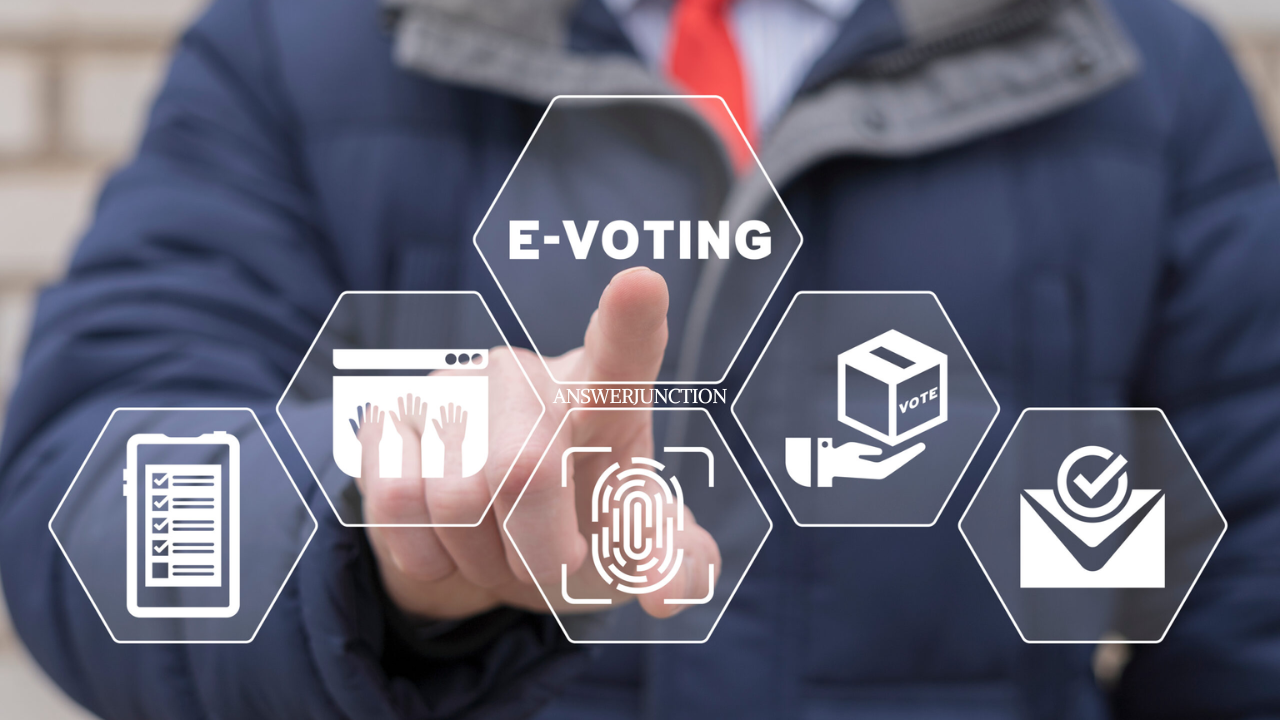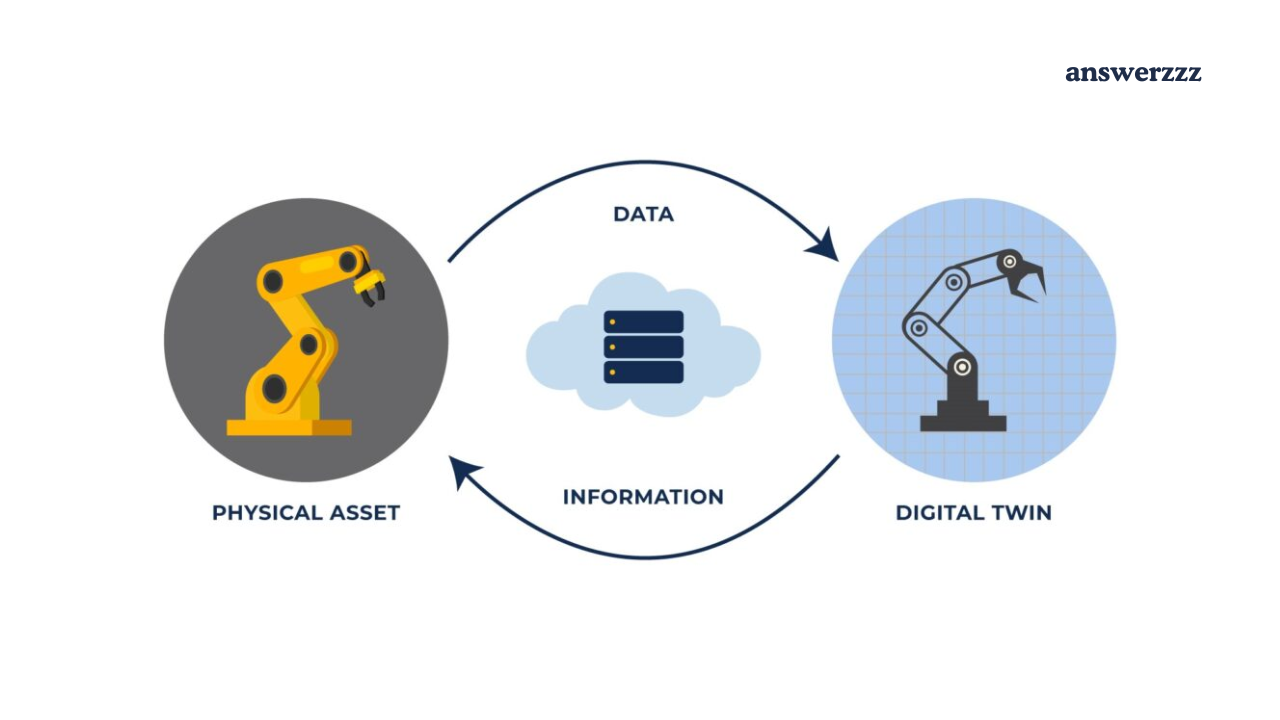In the digital age, where technology influences almost every aspect of our lives, the question of securing elections has never been more critical. Voter fraud, tampering with ballots, and the integrity of electoral processes are concerns that plague democracies worldwide. As we explore solutions to these pressing issues, blockchain technology has emerged as a promising contender. Its potential to revolutionize the voting system offers a transparent, secure, and efficient means of conducting elections. This article delves into how blockchain can be implemented in voting processes and whether it indeed represents a secure future for elections.
Understanding Blockchain Technology

Blockchain is a decentralized digital ledger that records transactions across numerous computers in such a way that the registered transactions cannot be altered retroactively. This technology ensures that every entry is verifiable, transparent, and immutable. Each block in a blockchain contains several transactions, and every time a new transaction occurs on the blockchain, a record of that transaction is added to every participant’s ledger. This decentralized nature of blockchain makes it resistant to fraud and manipulation, making it an ideal candidate for securing voting processes.
The appeal of blockchain in voting lies in its ability to create a tamper-proof record of votes, ensuring that once a vote is cast, it cannot be changed or deleted. This feature addresses one of the most significant challenges in traditional voting systems—maintaining the integrity of the vote. Furthermore, because blockchain operates on a network of computers rather than a single centralized system, it reduces the risk of hacking and external interference.
Current Challenges in Voting Systems
Before examining how blockchain can transform voting, it is essential to acknowledge the current challenges faced by electoral systems. Traditional voting methods, whether they involve paper ballots, electronic voting machines, or mail-in voting, each have their vulnerabilities. Paper ballots can be lost, damaged, or destroyed, and they are susceptible to manipulation during the counting process. Electronic voting machines can be hacked, and their software can be compromised, leading to inaccurate results. Furthermore, mail-in voting faces issues related to voter identification and the potential for ballots to be lost in transit.
In many cases, the lack of transparency in traditional voting methods breeds mistrust among voters. Allegations of fraud, whether substantiated or not, can undermine the legitimacy of an election. The consequence is a decrease in voter turnout and increased cynicism towards the democratic process. Blockchain technology promises to address these issues by providing a more secure and transparent alternative.
How Blockchain Can Enhance Voting Security
Implementing blockchain in voting systems can significantly enhance security in several ways. Firstly, the use of encryption ensures that votes are confidential. Voters can cast their votes through secure, encrypted channels, guaranteeing that their choices remain private. This anonymity is crucial in protecting the integrity of the electoral process, as it prevents coercion and manipulation.
Secondly, blockchain provides a transparent audit trail. Each vote cast is recorded as a transaction on the blockchain, and once recorded, it becomes part of a permanent and unchangeable ledger. This transparency allows for real-time auditing of the electoral process, enabling independent observers to verify results without compromising voter privacy. This level of transparency can restore trust in the electoral process, as it provides a verifiable way to confirm that votes are counted accurately.

Additionally, the decentralized nature of blockchain means that no single entity has control over the voting process. This reduces the risk of external interference and ensures that the election results are not susceptible to manipulation by any single party or organization. The distribution of power among various nodes in the blockchain network creates a more democratic voting environment, where the integrity of the process is safeguarded.
Pilot Programs and Real-world Applications
Several countries and organizations have begun to explore the potential of blockchain in voting systems through pilot programs. For instance, in 2019, Utah County in the United States allowed overseas voters to cast their ballots using a blockchain-based system. This initiative was designed to test the feasibility of blockchain technology in enhancing voter participation and ensuring the security of overseas ballots.
Similarly, in 2020, the Estonian government conducted parliamentary elections using a blockchain-based voting system, building on their previous success with e-voting. Estonia’s experience demonstrates how blockchain can facilitate secure and efficient voting while maintaining voter anonymity and integrity.
These pilot programs are crucial in understanding the practical applications of blockchain technology in voting. They provide valuable insights into the challenges and benefits of implementing such systems, paving the way for broader adoption in future elections.
Addressing Concerns and Criticisms
While the advantages of blockchain in voting are evident, it is also essential to address the concerns and criticisms associated with its implementation. One of the primary criticisms is the digital divide—ensuring equal access to technology for all voters. In many regions, especially rural and underserved areas, access to the internet and digital devices is limited. This disparity raises questions about whether blockchain-based voting can truly be inclusive.
Another concern is the potential for new forms of cyber threats. While blockchain itself is secure, the devices used to access voting systems must also be protected from hacking and malware. If a voter’s device is compromised, it could lead to unauthorized access to their voting credentials, resulting in potential fraud. Therefore, robust cybersecurity measures must accompany the implementation of blockchain in voting systems to mitigate these risks.
Additionally, the complexity of blockchain technology may create barriers for some voters. Educating the electorate about how to use blockchain-based voting systems is essential to ensure widespread acceptance and participation. This education must focus on the technical aspects of voting as well as the legal implications of using such a system.
Future Implications for Electoral Processes
As we consider the future implications of blockchain in voting, it becomes clear that this technology holds the potential to transform electoral processes significantly. The move towards digital voting systems is inevitable, and blockchain can serve as a foundation for creating secure, transparent, and efficient voting methods.
The integration of blockchain into voting systems may also encourage increased voter participation. By making the voting process more accessible and secure, blockchain could empower citizens to engage more actively in their democracy. Online voting, enabled by blockchain, could offer greater convenience for voters, especially for those who may find it challenging to access traditional polling places.
Moreover, the successful implementation of blockchain in voting could inspire other sectors to adopt similar technologies. The principles of transparency, security, and decentralization that blockchain embodies could be applied to various fields, such as public records management, identity verification, and financial transactions.
A Secure Future for Elections?
Blockchain technology presents a compelling solution to some of the most pressing challenges facing electoral processes today. Its ability to enhance security, transparency, and accessibility can help restore trust in democratic systems and encourage greater voter participation. While there are valid concerns regarding accessibility and cybersecurity, these challenges can be addressed through education, infrastructure development, and robust protective measures.
As we move forward, it is crucial to continue exploring the potential of blockchain in voting through pilot programs and collaborations between governments, technology providers, and civil society. By embracing innovation and prioritizing the integrity of the electoral process, we can pave the way for a secure and trustworthy future for elections worldwide. As we look towards the future, the question is not whether blockchain will play a role in voting, but how swiftly and effectively we can integrate it to ensure that every vote counts in a transparent and secure manner.




